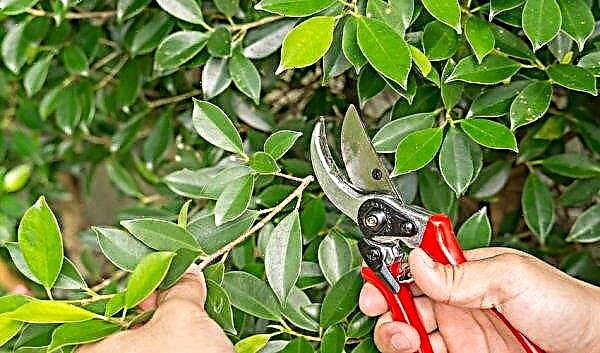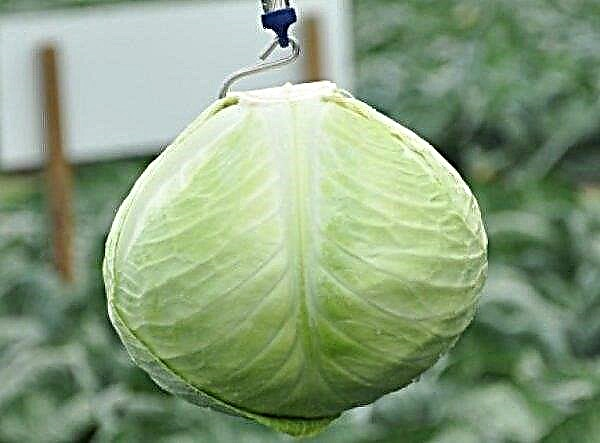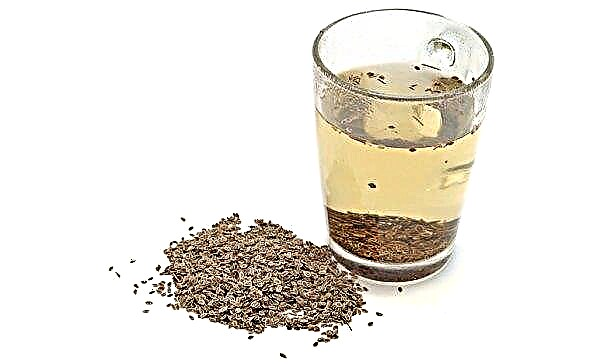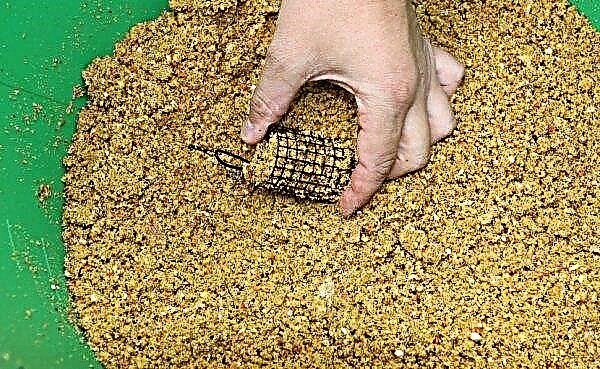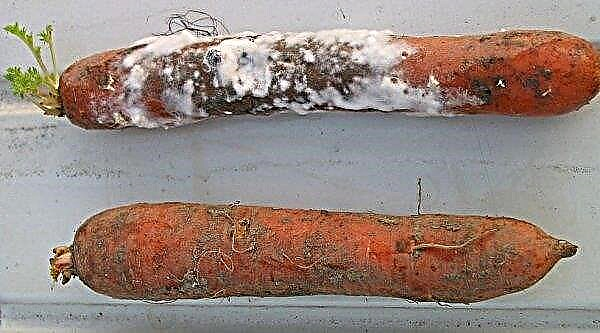Researchers at the Okinawa Institute of Science and Technology (OIST) have uncovered the genome of itomosuk (Nemacystus decipiens), a popular Japanese brown algae, and have provided information that can help whiter farmers grow healthy foods efficiently.
Mozuku, which is one of the types of brown algae, contains a much larger amount of fucoidan compared to other algae. It is believed that fucoidan has properties that are extremely beneficial to the human body, for example, it is an anticoagulant, antioxidant, has an antitumor effect, etc.
The study, published March 14, 2019 in Scientific Reports, presents the world's first genome project for ito-brain. This type of seaweed contains exceptionally high concentrations of fucoidan, a mucous substance that is thought to inhibit the formation of blood clots and cancerous tumors, among other health benefits. Researchers have discovered which genes increase the concentration of fucoidan, and this discovery may find application in the healthy nutrition industry.
In addition to identifying genes that fill the brain with healthy properties, research can be useful for agriculture. "In the future, I plan to create new methods for growing this species," said Dr. Koki Nishitsuji, first author of the study and a staff member of the OIST Marine Genomics Division.


